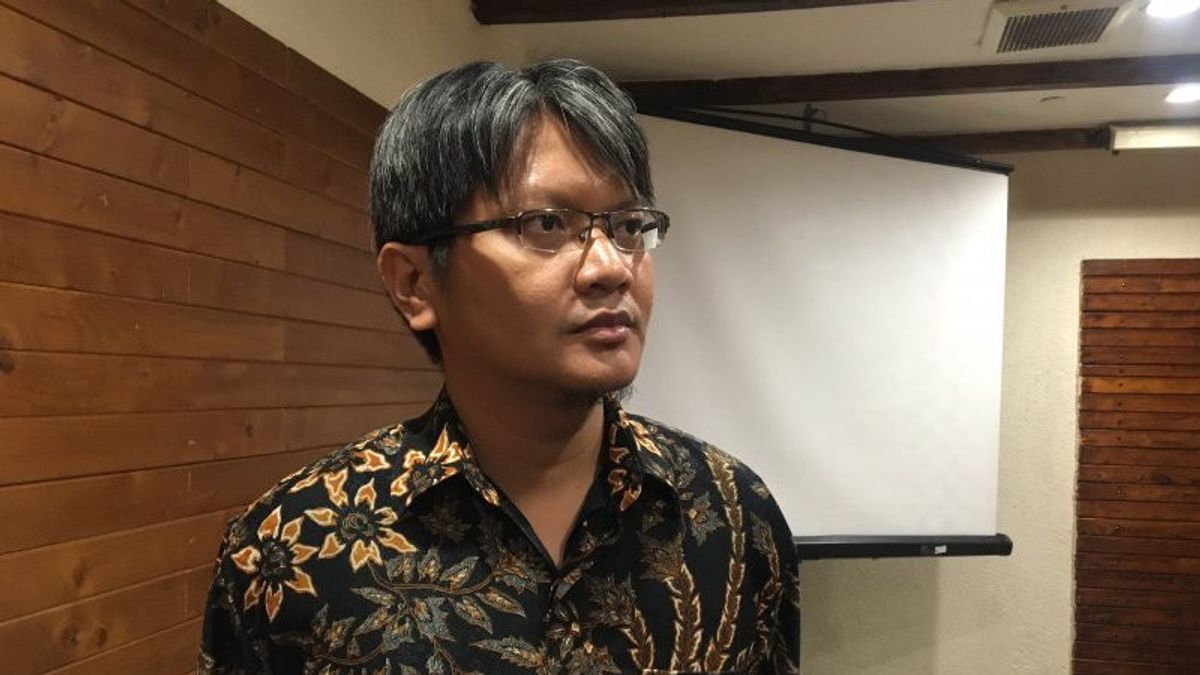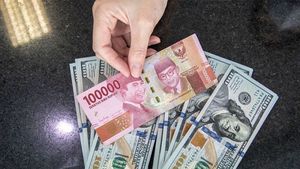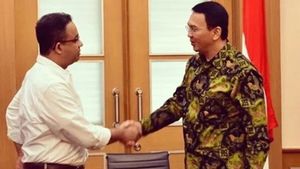JAKARTA - The government encourages more investment to enter the country by conducting various promotions.
Institute for Development of Economics and Finance (Indef) researcher Ahmad Heri Firdaus said that the government should promote investment. However, it must be accompanied by improving the domestic investment climate.
For your information, Coordinating Minister for the Economy Airlangga Hartarto approached India, Japan, and New Zealand, on the sidelines of a series of IPEF Ministerial Meetings (Indo-Pacific Economic Framework) in Los Angeles, USA. The meeting was held separately and discussed various agendas, including to spur economic cooperation between the two countries.
During the meeting, the chairman of Golkar also promoted the Indonesian economy which has the opportunity to grow 4.5-5.3 percent in 2022, the trend of increasing consumption, the rate of investment flows that continue to rise in Indonesia, to the ongoing trade balance surplus.
"Efforts to attract investment need to be pursued, either by promoting investment or improving the investment climate in the country. So what is being done is a pick-up effort to attract investors. But don't forget how to improve on the domestic side," he said in Jakarta, Monday, September 12.
Heri also warned the government not to let investors entering Indonesia find an unfriendly investment climate.
"If we invite them to enter Indonesia, but it turns out that that's how potential investors see the investment climate to be less friendly, dear. Later he won't be. We suspect that we will php (give false hope)," he said.
Heri said, every investor will definitely conduct a study before deciding to invest.
They will compare one country with another, then choose a country that supports their investment more.
Therefore, continued Heri, this condition must be mitigated and watched out for by the government. The goal is that Indonesia's investment image is not blocked in the eyes of investors.
"There are efforts to improve the climate as a whole in various aspects, both on the licensing side and also facilitating others. Because they, potential investors, compare it with other countries. Don't let investors compare it, we can only be bad at it," he said.
According to Heri, the entry of investment will also make Indonesia experience a trade surplus.
This is possible when the investment that is included is engaged in the downstream industry.
So that Indonesian export goods are not in the form of raw goods, but finished or semi-finished goods that have a higher selling value.
"Our trade surplus has been supported by commodities. Well, if for example exports, we want to switch to goods with high value, which are more downstream. That is relevant to efforts to invite investors," he concluded.
Private Role
Sementara itu, Direktur Eksekutif Center for Strategic and International Studies (CSIS) Yose Rizal Damuri mengatakan, usaha pemerintah Indonesia untuk menarik investor asing masuk, harus dilanjutkan oleh pihak swasta dan juga pembenahan lingkungan investasi.
"For countries that are democratic in nature, the economy and other countries are not determined by the government, the government only provides facilitation so that the private sector wants to cooperate with partner countries," said Yose.
Then, said Yose, the private sector will see if it will benefit investment in Indonesia. Therefore, the government needs to take a number of strategic steps so that the investment climate is more attractive.
"The government certainly improves the investment environment and the business environment, because of course the private sector will more see that there are various opportunities, opportunities for their business in Indonesia," he said.
For IPEF, Yose assessed, there are still no concrete and substantial benefits for Indonesia. But what is certain is that Indonesia is included in the circle of the Indo-Pacific Economic Framework.
"It's a clear benefit, we are in the circle, we are not forgotten," said Yose.
However, regarding other benefits, Yose assessed that there was still a long time, because in a form of trade cooperation it needed to be formulated first the values and standards for the adoption of its member countries.
"In terms of trade agreement, there are incentives to adopt the same standards, adopt various the same values, the incentives are a larger market access, a larger market that can enter the country. But the problem with this IPEF, the United States cannot offer an access market," he said.
The English, Chinese, Japanese, Arabic, and French versions are automatically generated by the AI. So there may still be inaccuracies in translating, please always see Indonesian as our main language. (system supported by DigitalSiber.id)













